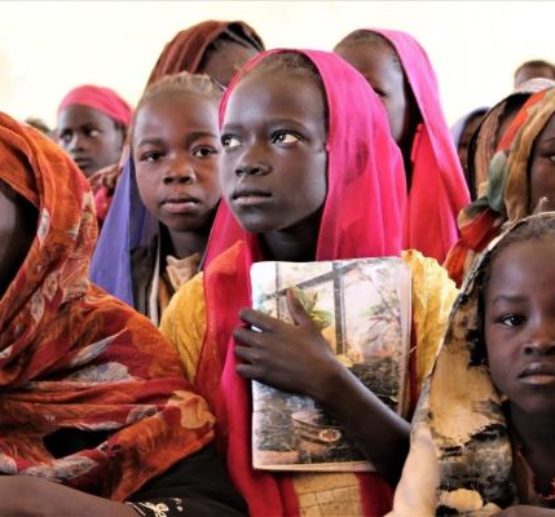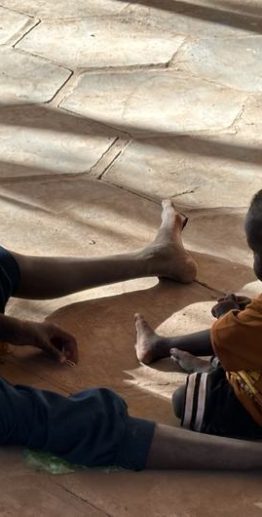The Rule of Law in South Africa: Undoing Mandela’s Dream
After posing with other African leaders for pictures at the African Union (AU) Summit in South Africa over the weekend, Sudanese President Omar al-Bashir was allowed to leave the country despite a warrant for his arrest issued by the International Criminal Court (ICC) on charges of crimes against humanity, genocide and war crimes. South Africa is a party to the Rome Statute, and was obligated under international law to arrest and surrender the autocrat to the ICC’s jurisdiction. His unhindered travel to yet another international summit further dampens the ICC’s relevance and undermines entrenched standards of international criminal law.
While such an affront to international norms dismays the ICC and victims of the genocide in Darfur, the South African government’s decision to not detain the dictator constitutes a major blow to the rule of law inside the Rainbow Nation. Upon al-Bashir’s arrival in South Africa, the Pretoria High Court had issued an interim order prohibiting the Sudanese leader from leaving the country until the case could resume on June 15, 2015. The South African court was mulling whether he should be arrested and handed over to the ICC. The executive branch instead ignored the court’s ruling and welcomed the international fugitive with open arms.
The South African government’s utter disregard for both international and domestic law is troubling for a country with such a revered struggle for justice and human rights. The South African people must now mobilize themselves to keep President Jacob Zuma and the African National Congress (ANC) accountable to the rule of law if the country is too tackle its sundry challenges with regard to fighting poverty and violence sparked by xenophobia. Moreover, South Africa risks loosing its international standing as a leading African democracy if its leaders continue to coddle the world’s most infamous fugitives.



